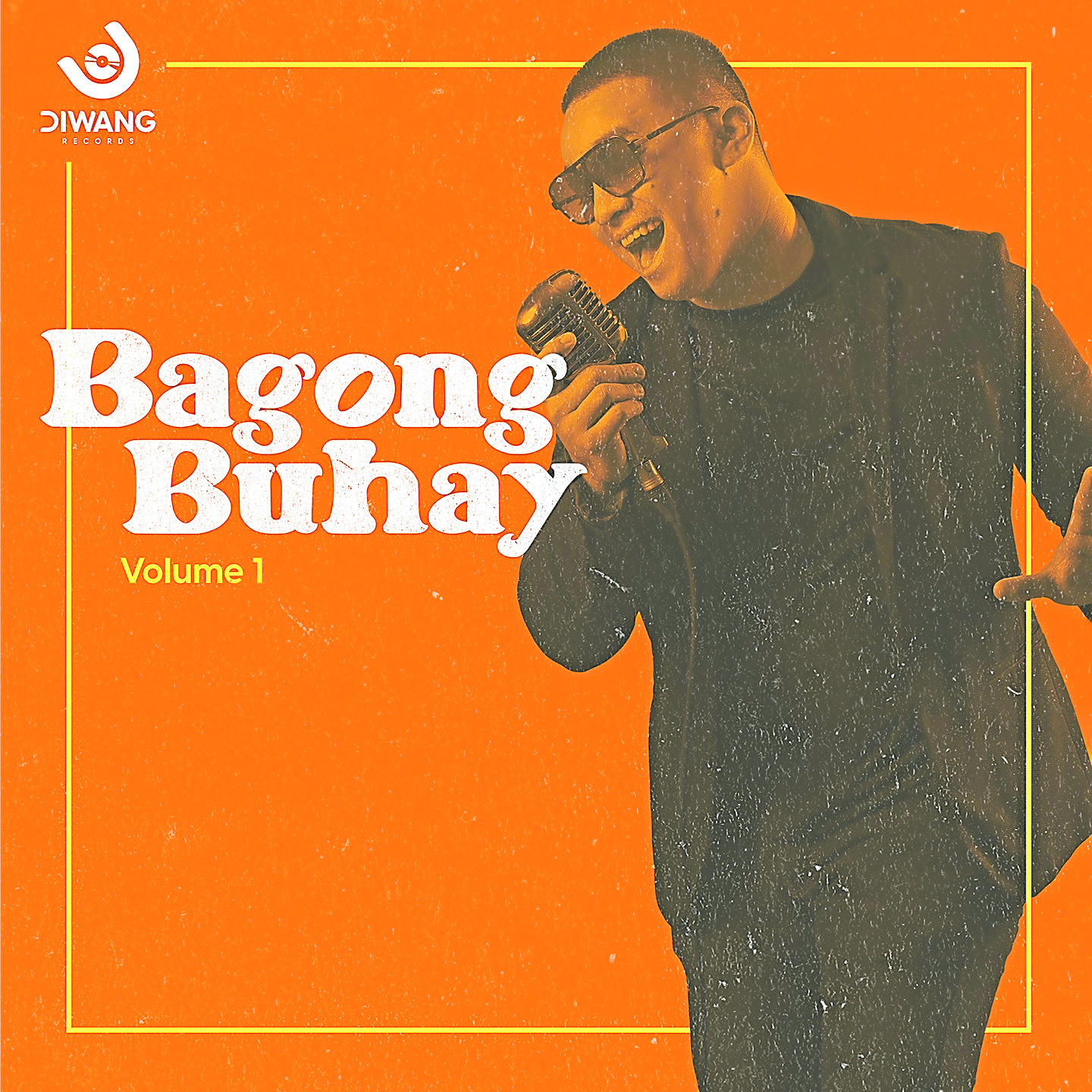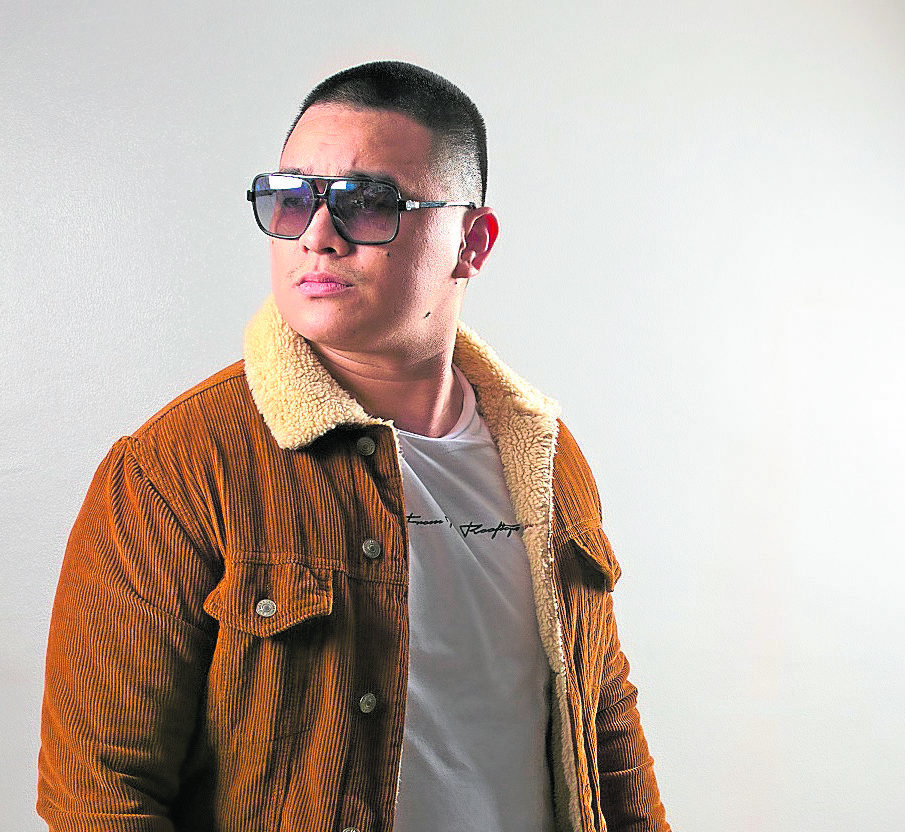Thyro Alfaro’s solo EP taps live musicians for ‘a new, different experience’

“Bagong Buhay Volume 1” EP cover
For his long overdue solo EP, Thyro Alfaro focuses and rediscovers his R&B roots in a new light through organic arrangements and live instrumentation.
“Everything I composed for this album reflects all of my influences and all my formative music. R&B is my core, and this is true to form. But there will also be other flavors and infusions of funk, gospel, soul and other genres,” he said in a virtual conference for “Bagong Buhay Volume 1,” the first of his planned two-part EP.
The singer-songwriter typically uses digital instruments for his productions. This time, he went for live musicians. “All the instruments here were played by humans—old school. I have been wanting to make an album like this for a long time. I was so used to using the computer and virtual instruments when arranging my music. But with the help of brilliant arrangers, I was able to experience recording this way,” he said. “I can’t say if it’s simpler or harder, but it was a new, different experience.”
The seven-track EP—released under his Viva Records sublabel Diwang Records—features the songs “Sariling Wika,” which is about a love that dies a natural death; and “Ginto,” a love letter for his fiancée declaring that no material object, or even gold, can amount to the “preciousness of my promise.”
The EP also features additional vocals and arrangements from artists and composers like Jungee Marcelo, Davey Langit, Teddy Katigbak, Lara Maigue, Marvin Querido and Jinky Vidal.
Nothing contrived
In the past eight years, Thyro has helped shape the sound of local pop with era-defining hits like Sarah Geronimo’s “Ikot-Ikot” and “Kilometro” (with songwriting partner Yumi Lacsamana) and James Reid and Nadine Lustre’s “No Erase.” He and Yumi are also behind the hits “Dati” and “Triangulo,” which won the 2013 and 2015 PhilPop songwriting contest, respectively.
But because he has been so busy writing and producing music for other artists, movies and other clients, the most he could do for himself was singles. But when he finally went to work for his EP, ideas came pouring in.
“My last album was in 2011 and it wasn’t until recently that I was able to release a follow-up. I had to focus on other things,” he said. “But the good thing is that nothing about this EP was contrived … The ideas and concepts came to me naturally, so I didn’t have to force anything. It was organic. And I was able to apply the skills I have acquired over the years.”
Also, the creative process is easier when writing music for himself.
“Writing for myself is faster. When I write for others, I consider their personality. A song intended for Sarah G can’t be given to James Reid, for example, because their languages and personalities are different,” he said. “But when it’s for me, I don’t usually have to revise anything, because I know myself well. What comes out is cool with me, even if other people think it’s not.”
Though Thyro himself is a live performer, he has spent most of his time behind the scenes. Putting up with his own label was a logical next step.

Thyro Alfaro
Sound and vision
“Boss Vic (del Rosario) had already proposed the idea even before the pandemic started, because he wanted me to showcase my sound and vision better. Viva is a strong label, but I think creating a smaller sublabel means more focus on the style I want. If I decide to, I can make it all about original compositions, all R&B or all-pop,” said Thyro, who’s already grooming a vocal group for his roster.
As its name suggests, Diwang Records hopes to thrive on fun, spontaneous exchange of ideas. “Music is a celebration. My vision is having a collaborative label, where we do free-flowing sessions. It doesn’t matter what style of music comes out. We want a platform where artists can do what they love. I want to sign artists whose vibe jibes with mine.”